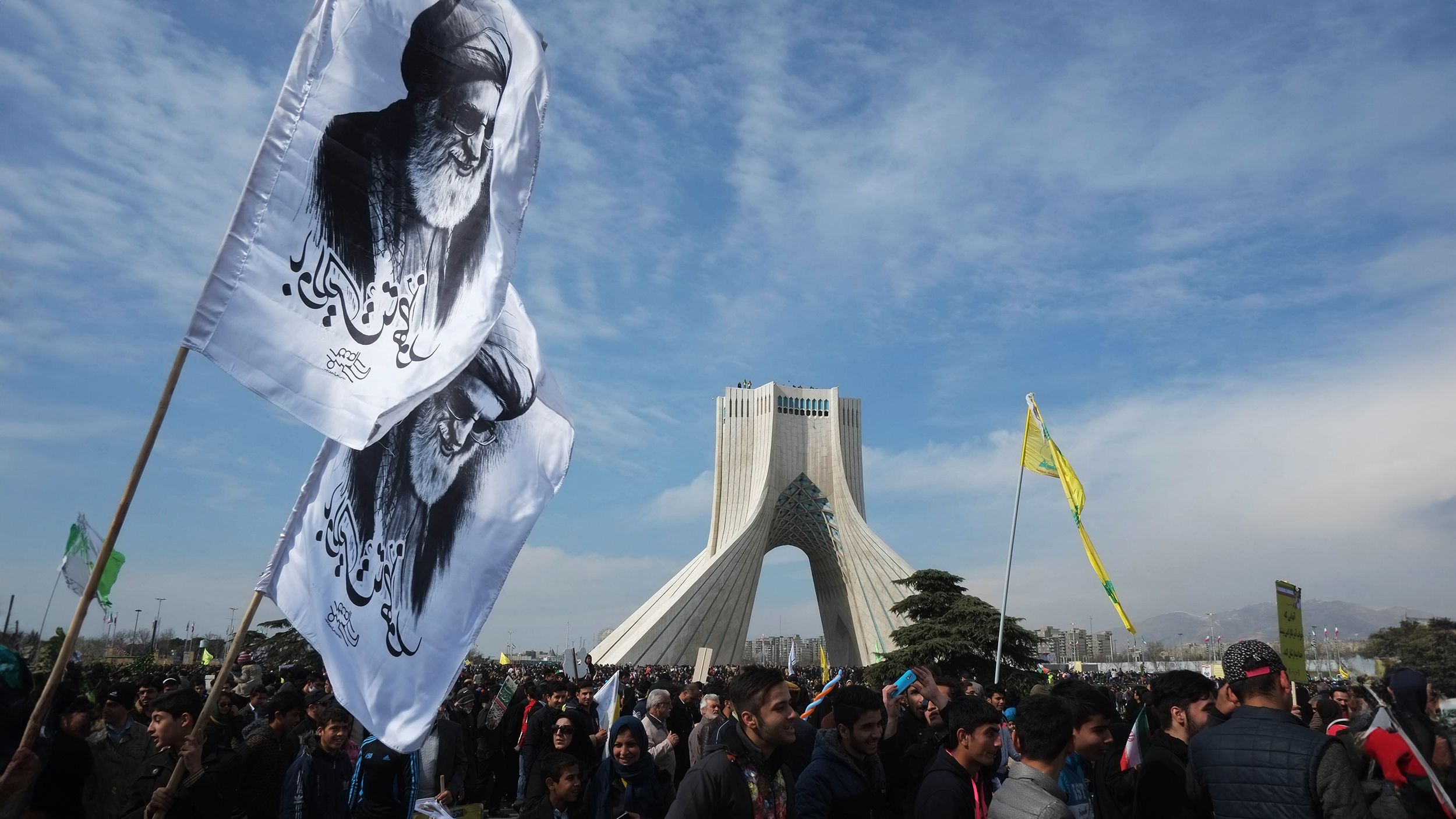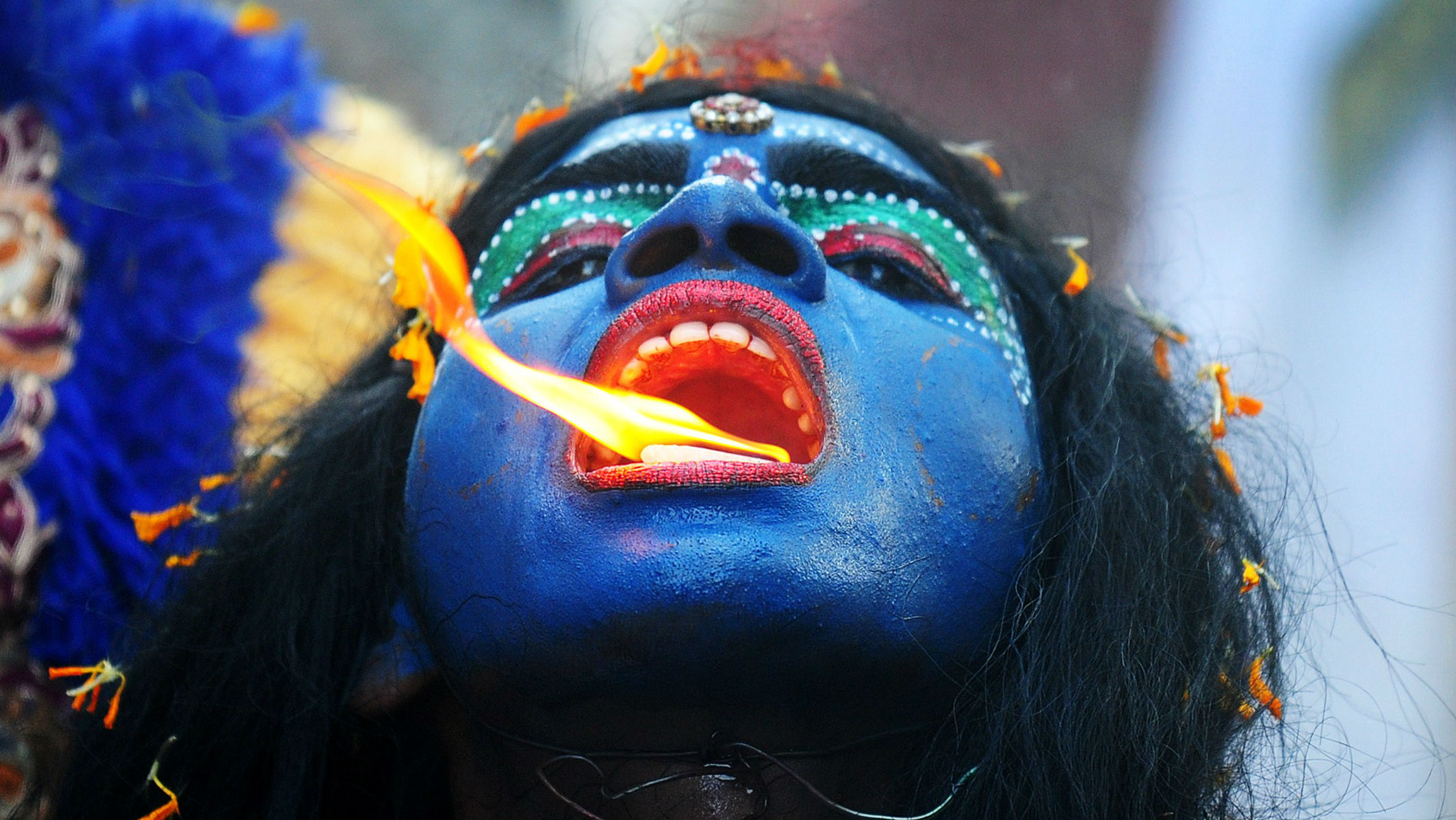No, Fort Hood Was Not “Islamic Terrorism”

Jury selection starts this week in the trial of Scott Roeder, who has confessed to the assassination last May of George Tiller, a doctor vilified by pro-lifers for performing late-term abortions.
(There’s a trial because Roeder pled “not guilty”; since he considers abortion to be murder, he doesn’t believe he committed a crime by walking into Tiller’s Wichita church and shooting the doctor in the head.) Roeder has a history of mental disturbance but he’s also deeply religious, according to his ex-wife, who says he “turned to the church and got involved in anti-abortion.” So was his the act of a nutcase? Maybe, instead, we should consider it “Christianist terrorism”?
On February 25th, 1994, Baruch Goldstein, a member of the Jewish Defense League and other extremist groups, entered the Cave of the Patriarchs, a religious pilgrimage site for both Jews and Muslims in Hebron on the West Bank. There, he gunned down 29 Muslim worshippers and wounded 150. Goldstein was a member of several militant anti-Muslim groups, including the Jewish Defense League. And he was a deeply religious man. So did he kill those people because he was a hateful and disturbed individual? Or was this an incident of “Judaist terrorism”?
I ask because, according to politicians and pundits who want to spin the Fort Hood massacre into an indictment of President Obama, the suspect there–Army psychiatrist Nidal Malik Hasan–wasn’t a mere killer or mere terrorist. Instead, the rampage was, as Rudy Giuliani told Wolf Blitzer the other day (at the 55 mark on this video), “clearly an Islamic terrorist attack.” (Emphasis added.) “The man who was shooting off the guns and killing those people,” Giuliani went on, “was yelling out Arab, uh, Islamic phrases when he was doing it. Allah akbar and things like that.”
It’s hard to dispute that these three acts were attempted terrorism. All were aimed at changing behavior (the performing of abortions, efforts to end the West Bank stalemate, the U.S. Army’s deployment of troops to Afghanistan) through fear. But what can we learn by ascribing a terrorist’s motives to religious belief?
Not a lot, because the connection between someone’s beliefs and their actions is pretty fuzzy. For one thing, beliefs themselves aren’t very coherent or consistent over time (in the 1950’s, the American political scientist Philip E. Converse famously found that if you want to predict people’s stated political convictions two years from now, you’d do about as well by tossing a coin as you would by looking at their answers today).
Then, too, beliefs often follow actions, rather than guiding them: We don’t find our faith and then use it to plot our lives as often as we live our lives, and find a faith that explains what we’ve already done. Therefore, the existence of terrorist-friendly version of Islam, Judaism or Christianity is no reflection on those faiths. In fact, as Jessica Stern pointed out yesterday, many “Islamic terrorists” are woefully ignorant about actual Islam.
Saying the Fort Hood shootings were Islamic terrorism is a cheap political trick. And it’s one, as Dan Mathewson notes here, that American pundits only play on one religion.





